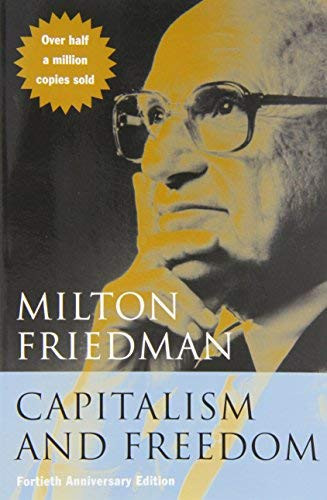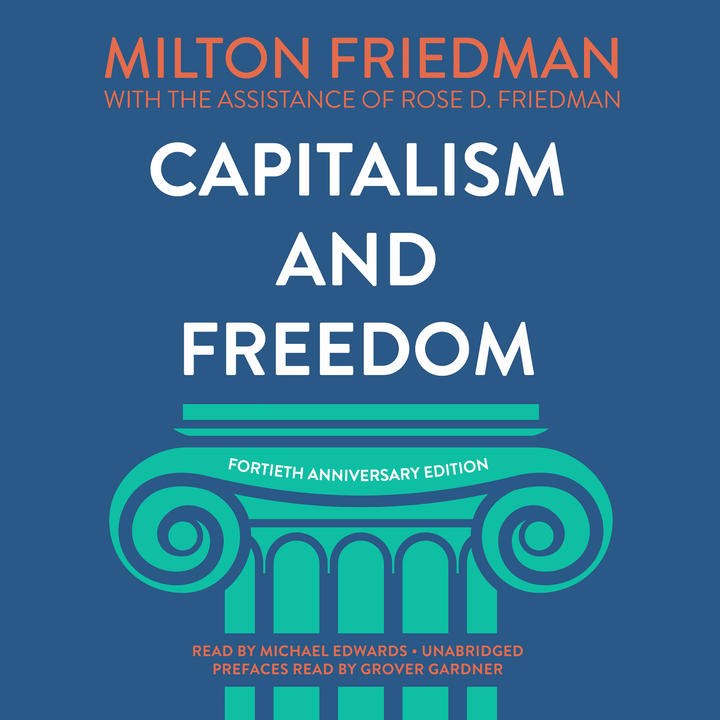

In the 1930s through the 1950s, mixed economic systems which featured heave government intervention really came to prominence.

Rather, he despised those who sought a mix of capitalism and government intervention, such as social democrats or Keynesians.

Furthermore, like religious fundamentalists, his greatest enemies weren’t the fundamentalists of other “religions” like Marxism. In short, Friedman’s version of capitalism was more like religious fundamentalism than science. He believed that these “natural” economic forces would balance one another perfectly and create the ideal market-there would be exactly the right number of products at the perfect prices, everyone who wanted to work could find a job, and inflation wouldn’t exist.Īccording to the Chicago School of Economics, any problems that arise must be because the market isn’t really free, and the solution must be to remove all regulations and interference. Milton Friedman’s capitalism philosophy bordered on mysticism: He and his students saw the economic laws of supply and demand, inflation, and employment (or unemployment) as sacred and inviolable. He thought that by tearing down the old systems, he’d be able to build a new, healthier economy. Also like Cameron, Friedman thought that the only way to reach such a state was through painful, destructive shocks to the country’s economy. He dreamed of a country that was free from economic regulations, rules, and special interests, where pure capitalism could run its natural course. Cameron, Friedman believed that he needed to start with a blank slate. After Friedman’s courses, they viewed themselves not as mere economists, but as soldiers fighting a righteous war against harmful government overreach and interference. He wasn’t the only economist of his day who believed in free trade without government interference, but it was Friedman’s energy and charisma that helped the idea to really take root in his students. Milton Friedmanĭisaster capitalism got its start in the University of Chicago’s Economics Department in the 1950s, under Milton Friedman. Keep reading to learn about Milton Friedman’s capitalism philosophy, and his efforts to realize his vision of perfect-market capitalism-efforts that would, in time, lead to the modern disaster capitalism complex. Friedman believed in the power of the market to regulate itself, was strongly against government intervention, and was in favor of privatization and maximization of corporate profits. Milton Friedman was an American economist who was best known for his devotion to the ideology of free-market capitalism. Who was Milton Friedman? What was his economic philosophy? Like this article? Sign up for a free trial here. Shortform has the world's best summaries and analyses of books you should be reading.

This article is an excerpt from the Shortform book guide to "The Shock Doctrine" by Naomi Klein.


 0 kommentar(er)
0 kommentar(er)
